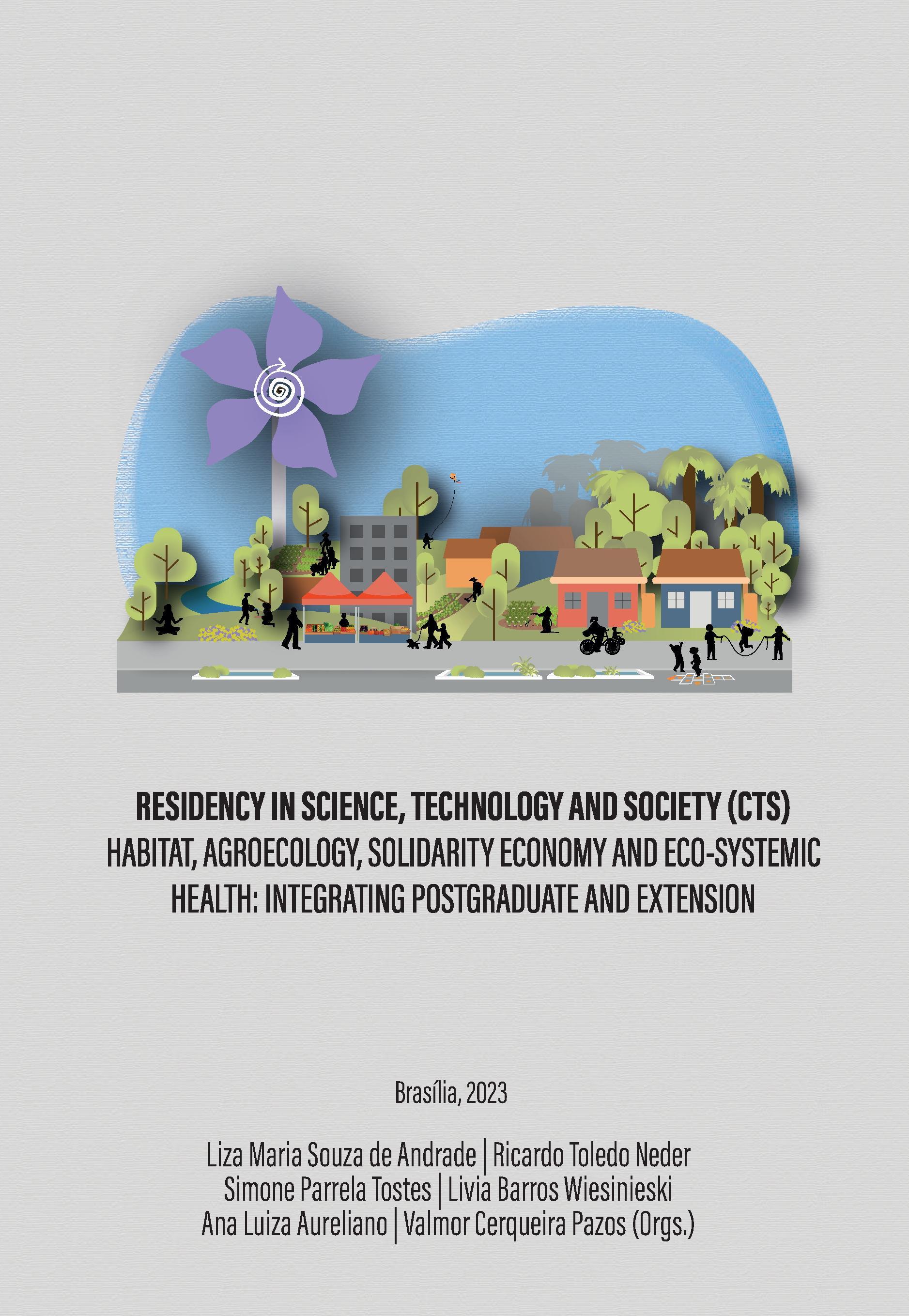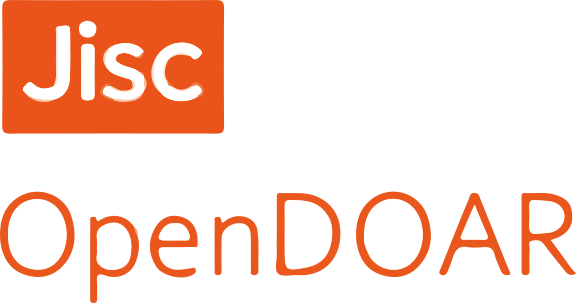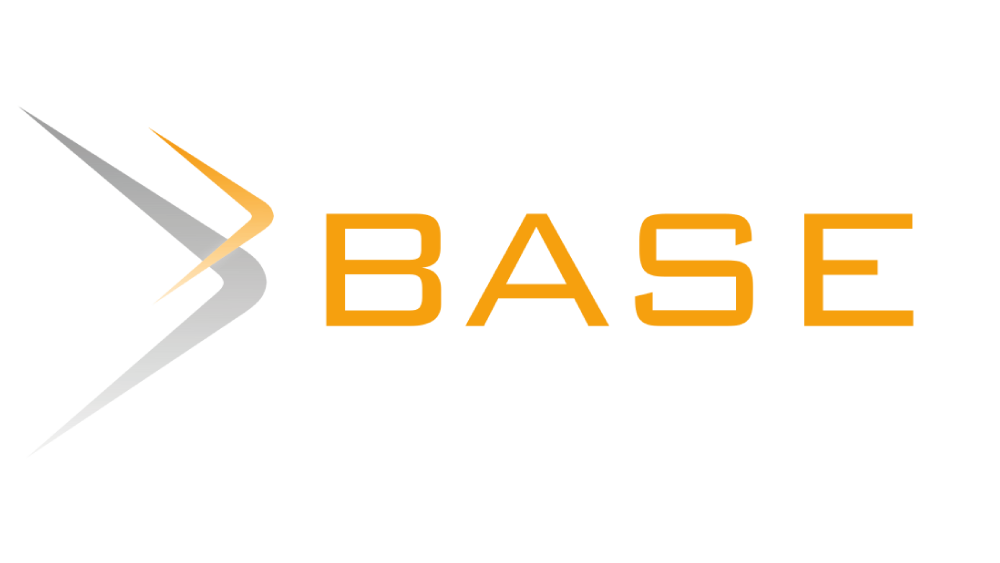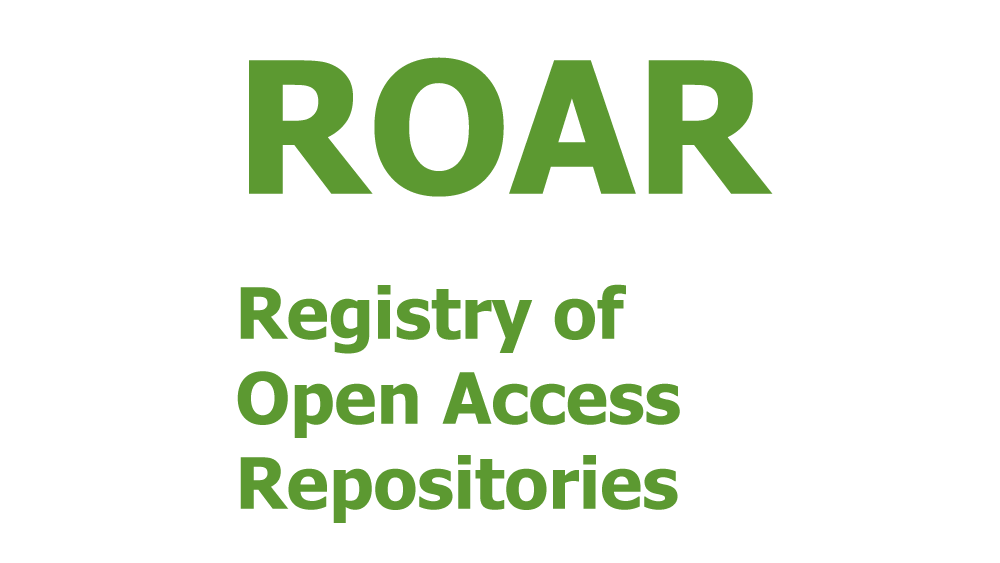Residency in Science, Technology and Society (CTS) Habitat, Agroecology, Solidarity economy and Eco-systemic Health : integrating Postgraduate and Extension
Palavras-chave:
Agroecologia, Meio ambiente, Teconologia e sociedadeSinopse
This book aimsto present the fundamentals and the basis of the multi professional course in CTS - Science, Technology, and Society in residency (Lato Sensu Graduation + Extension), characterized by a pedagogical practice and educational planning type PEX - research associated with teaching and integrated with extension. The proposal socially and territorially articulates three interdisciplinary themes: Habitat (Housing, Architecture, Urbanism, and Environment in the Countryside and the City); Agroecology (Food Sovereignty,FamilyFarm,Field, and CityIntegration); Health (Epidemiological Surveillance, Collective Health, Family Health, Sanitation, Ecosanitation, and Ecological Infrastructure) and a fourth transdisciplinary theme: Associated Work (Solidarity Economy, Training and Education, Occupation, Income, and SolidarityTechnology). The contents of the chapters were developed in the discipline of Special Studies in Technology, Environment, and Sustainability of the Graduate Program of the Faculty of Architecture and Urbanism of the University of Brasília (PPG-FAU/UnB), offered in 2021, integrated into the Extension Course Fundamentalsin Science Technology and Society (CTS)– Habitat, Agroecology, Solidarity Economics, and Ecosystem Health, a partnership of the Science Policy Center, Technology and Society (NPCTS/CEAM/UnB) and professors of the Faculty of Architecture and Urbanism (PPG-FAU), the Faculty of Planaltina (FUP), the Faculty of Agriculture and Veterinary Medicine (FAV) and CDS/UnB, the Collective Health course of the Faculty of Ceilândia (FCE), the Faculty of Education (FE) and the Institute of Humanities (IH). Thus, the process of construction of the Multiprofessional Residency CTS was initiated to form a transdisciplinary epistemological base in Solidarity Technoscience, inserting the University Extension in graduation studies, integrating 15 master’s and doctoral students to more than 50 people from social movements, collectives, professional entities, government technicians, researchers and professorsfromother institutions as well as undergraduate students. The students were organized into working groups in the online meetings by the Teams platform, through which the following themes were discussed: i) solidarity technology, sociotechnical adequacy, and solidarity economy; ii) Freirean education and work; iii) territorialconnections, social struggles and networks of solidarity; iv) sociotechnical adequacy for habitat production: spatial patterns in the field and the city; v) sociotechnical adequacy for agroecology and urban agriculture; and vi) ecosystem
Capítulos
-
Introduction
-
Sociotechnical adequacy and solidarity economy
-
Freirean education and labor culture
-
Territorial connections, social struggles and solidarity networks
-
Sociotechnical adequacy for the production of habitat in the rural and in the city
-
Sociotechnical adequacy for agroecology and agrourbania
-
Ecosystem health, sanitation and governance
Downloads

Publicado
Licença

Este trabalho está licenciado sob uma licença Creative Commons Attribution-NonCommercial 4.0 International License.



